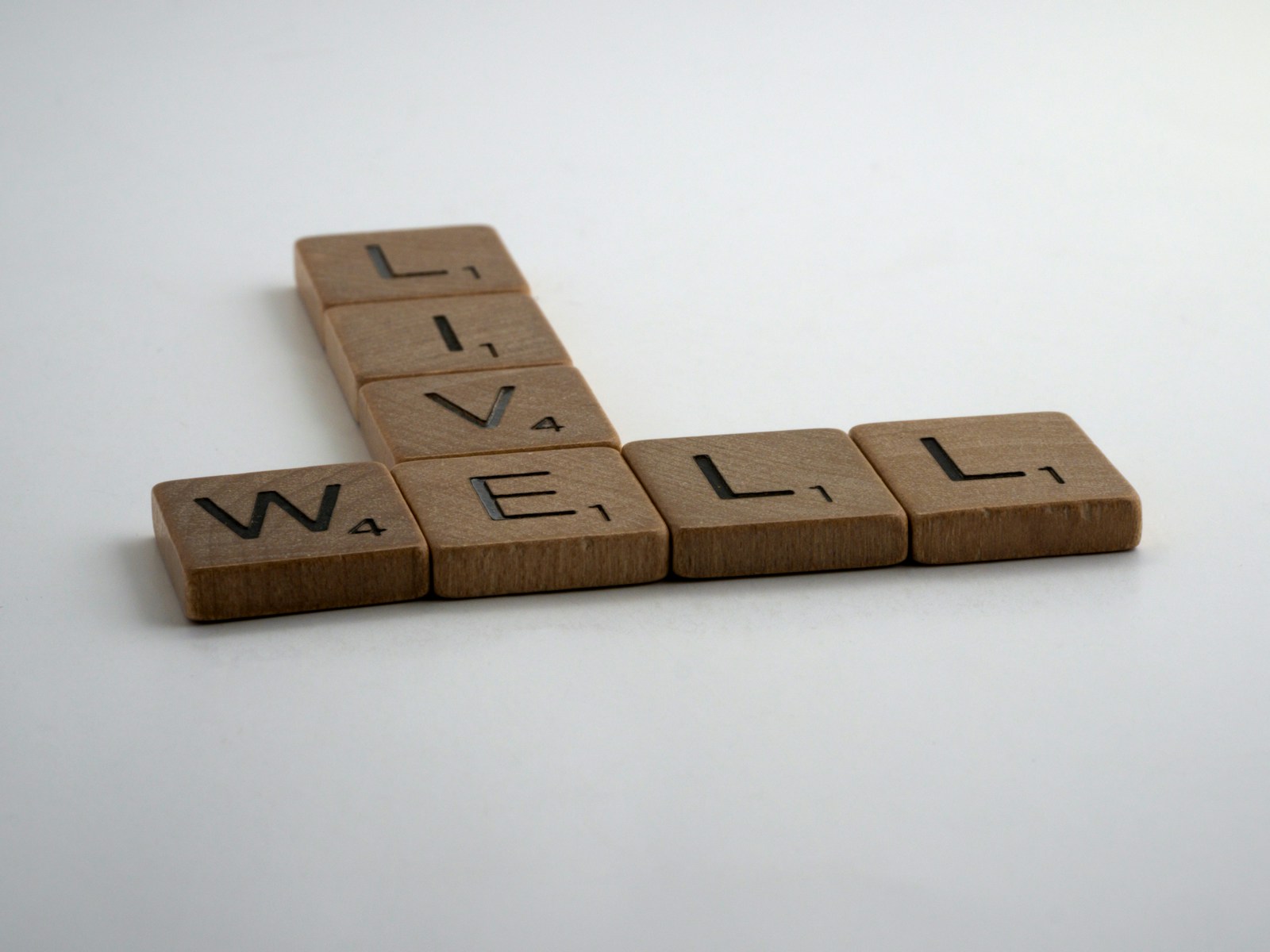Why Sleep is Essential for Neuroplasticity Meta Description: Discover how sleep supports neuroplasticity, boosts brain health, and improves memory, learning, and emotional regulation. Learn why quality rest matters. Sleep isn’t just a time of rest—it’s a vital process that plays a key role in optimizing brain performance. In this article, you’ll learn why sleep is essential for neuroplasticity, how poor sleep affects brain function, and what you can do to improve both...




